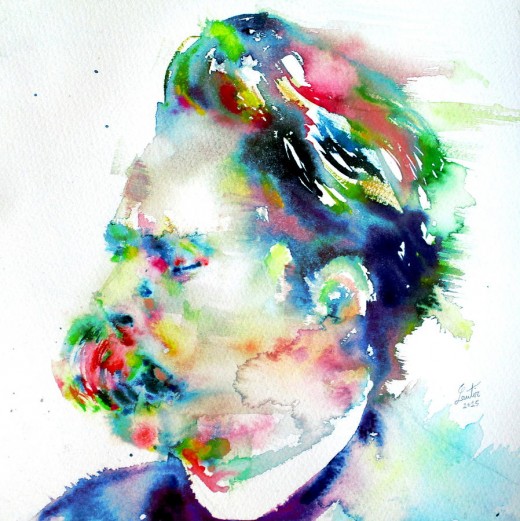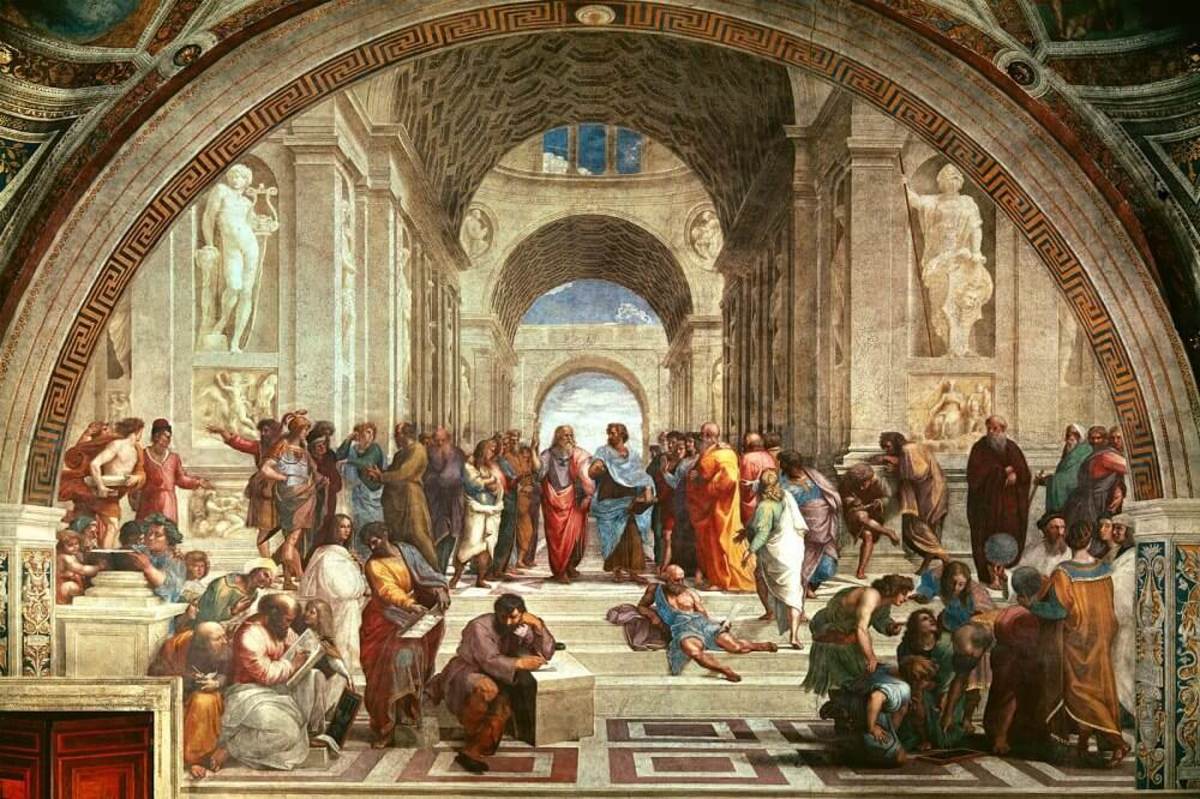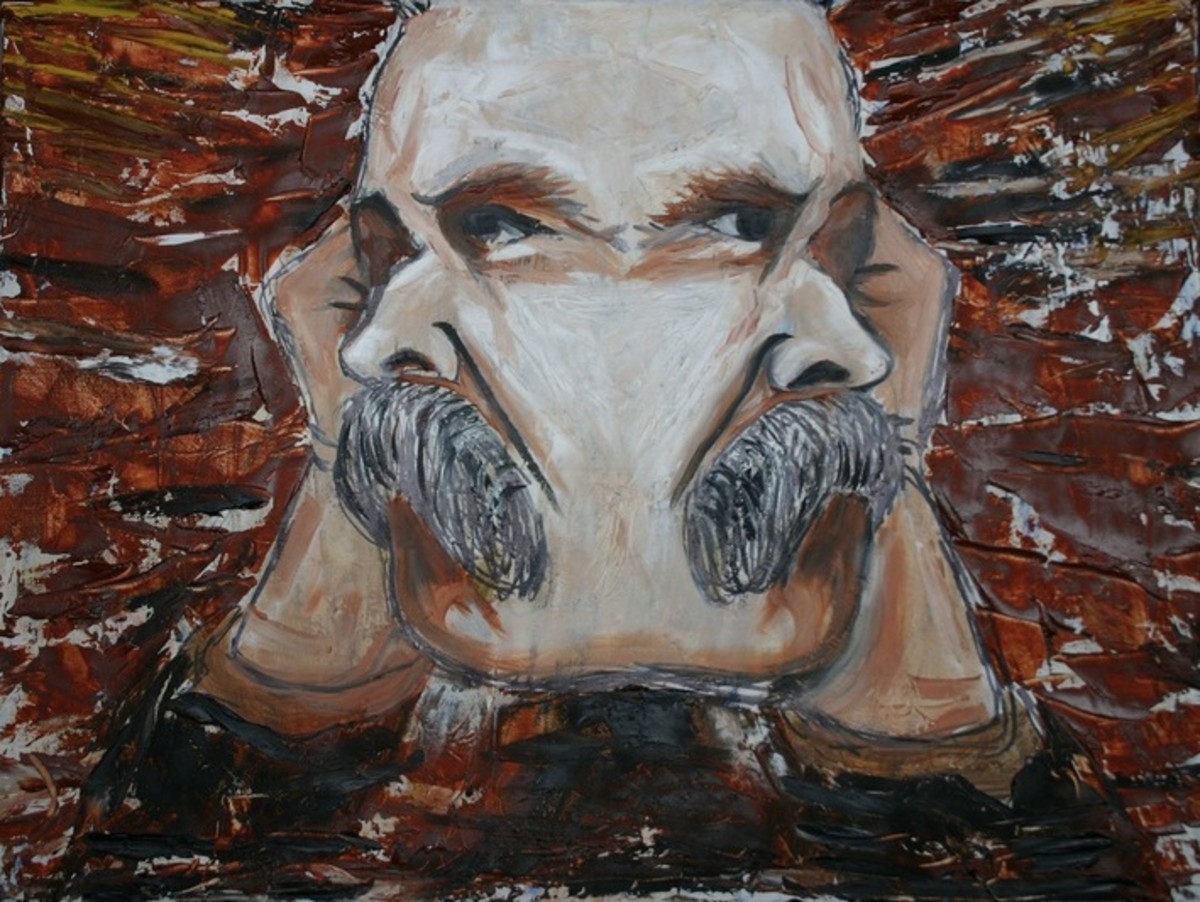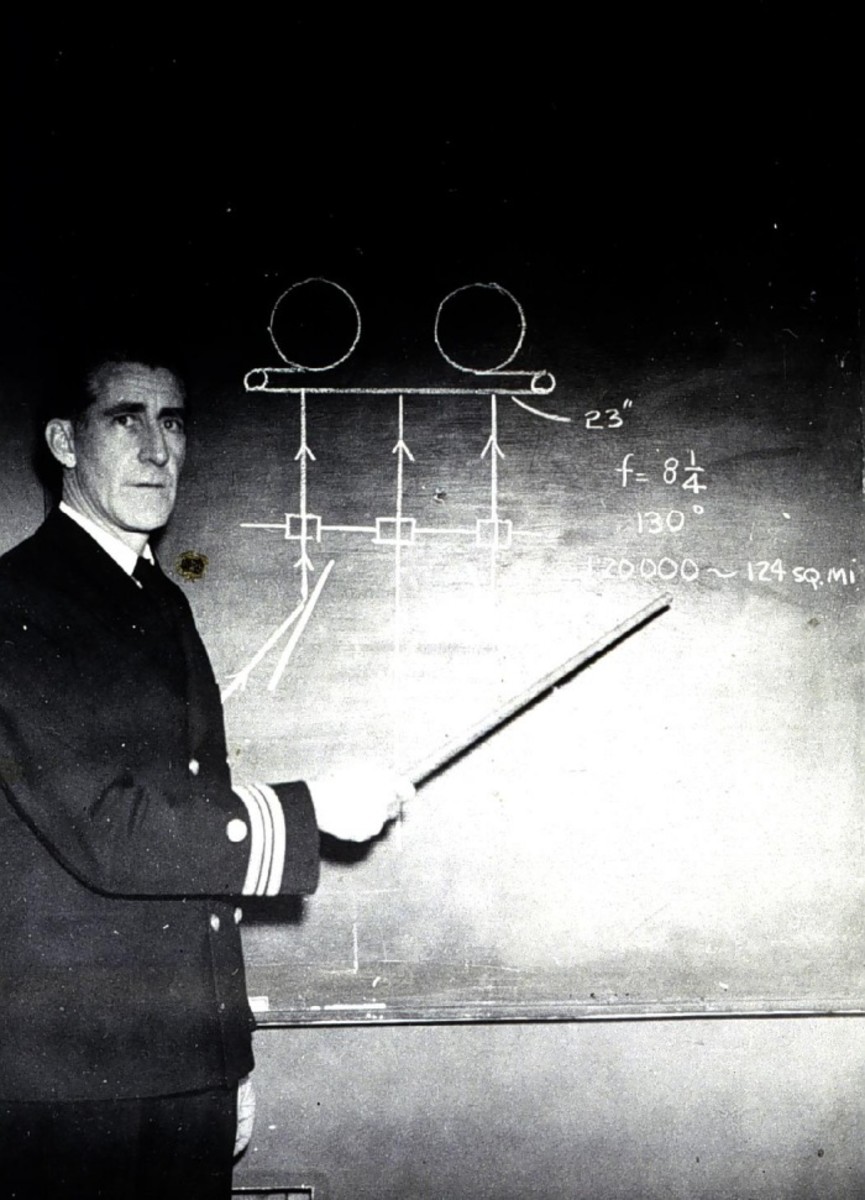Nietzsche as Postmodernist

Nietzsche's book The Will of Power represents the strongest assertion of Nietzsche's radical position of idealism. This attitude in particular attracted the attention of postmodern and post-structuralist thinkers alike. This attitude of idealism also allows us to designate Nietzsche as a horizontal thinker. But what do we mean by a horizontal thinker?
One can guess that calling the horizontal axis means putting thoughts on one level, so Nietzsche may suggest a certain equality of thought. Or perhaps horizontal thinking is precisely democratic thought?
The truth is that horizontal thought has nothing to do with the concept of equality or democracy. In fact, it does not refer to any kind of symmetry, but rather to the contrary. Horizontal thought where ideas are not comparable. Because it can not be placed on a standard or scale; therefore, horizontal thought is thought about difference, not identity. On several occasions, Nietzsche referred to equality as an example of a system of similarities or ideals. For example, Nietzsche says that ideal equality in democracy or Christianity is homogeneous equality based on "herd morality". Similarly, Nietzsche argues that the ideal principle, often posed by "physiologists", that human life can ultimately be reduced to "survival instinct" is unjustified and burdensome. Human life is just a whiff of life that is at the same time (will of power). What undermines the principle of survival instinct is all the facts that contradict it (violence, sacrifice, unhealthy living, etc.). He also believes that any mythical or utopian, a copy of idealism, must deny one or more aspects of life to present itself coherently. Therefore, Nietzsche believes that idealism is the denial of life, the denial which modernity has produced. Life is always and never irreducible, life is a set of differences, not a homogeneous identity in any way. Identity can be represented and placed on a scale of common and common criteria and standards. But horizontal, on the other hand, points to the impossibility of finding the scale that is sufficient to assess differences and to make generalizations about life, circumstances and human beings.
Nietzsche was also one of those who contributed to the irrationality that paved the way for the postmodernists in their fierce confrontation with reason, consciousness, and conscious self.
Nietzsche began epistemologically with Kant in a paradoxical way: "When Kant says that the mind does not derive its laws from nature but describes nature," that is true. "All the problems of philosophy, as Nietzsche sees it, On the mind, the rise of the philosophers who meant nothing but the fall of man, for when the mind took over, the human, says Nietzsche in the genialogy of morality, "In this unknown new world, one of the old leaders, of those instinctive regulatory regimes, has returned to the thinking and consideration of the consequences, the calculation and the structure of the ills and the misinformation. These unfortunate people have responded to their most miserable and most vulnerable members." And "how miserable, mysterious, transient and aimless, and this human mind is." Then, "because it is merely a surface phenomenon based on inherent instinctive motives, the mind is certainly not independent and does not control anything."
What Nietzsche means, with his emotional motivation to be honest with ourselves, is to emerge from all the artificial and constrained categories of the mind. Reason is the instrument of the weak who fear the face of harsh reality and conflict, and then they build imaginary intellectual structures to hide behind them. "What we need in genialogy to get the best out of us is:" The safe functioning of altered instincts, unconsciousness or even insensitivity. "
Nietzsche was not the first of the irrational. Schillermacher, Kierkegaard, and Schopenhauer contributed to Nietzsche's overthrow of the throne, but Hegel and Kant, who always appear to have elevated the status of reason, were also among the first to rule his throne. The legacy of irrationality received by the twentieth century can be summed up in four points:
1. Kant agrees that the mind is incapable of knowing the truth.
2. Hegel agrees that the truth is contradictory and / or unreasonable.
3 - Conclusion that the mind is confused with allegations based on feelings and instincts or the steadfastness of faith and, finally
4. Irrationality contributes to the creation of deep facts about reality.
Nietzsche died at the turn of the 20th century when German philosophy developed two major lines of thought, metaphysics, and irrational astrology. Perhaps what was urgent then was to bring these two lines in a new compromise in preparation for a philosophy that would prevail in the new postmodern century. The next job was done by Martin Heidegger.
© 2018 Oussema Ben Romdhane








